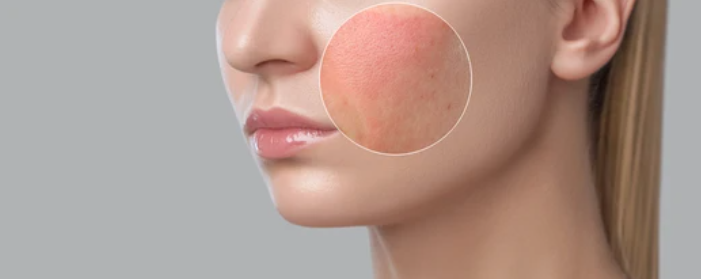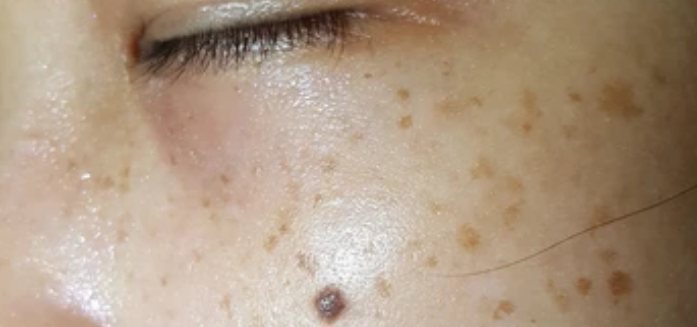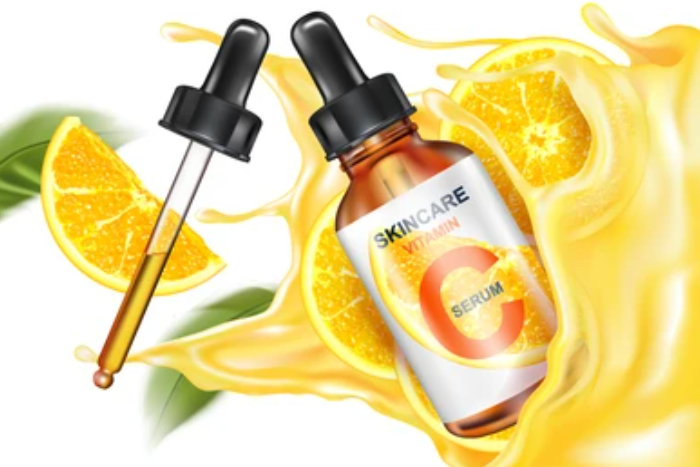Like Niacinamide, Vitamin C is also an ingredient that is wildly popular in the skincare industry. And why shouldn’t it be? From reducing hyperpigmentation to brightening the areas where it was topically applied, what can’t it do? It can even give our skin protection from harmful factors in the environment as well as improve the functionality of collagen. In spite of knowing all these proven benefits of Vitamin C in skincare, there are still some myths about them that we hope to set straight in this article.
All Vitamin C Are Same: A popular misconception is that all vitamin c are the same and interchangeable. This is far from the truth. According to Dr.Shuting Hu, the founder of Acaderma, The are different forms of vitamin c that have different benefits on the skin when used in products.
For example, Ascorbic acid is the purest form of vitamin c, acts as a highly potent antioxidant, and has strong anti-inflammatory ingredients too. This means they can reduce signs of aging, uneven skin tone, and brighten the skin. But can also cause irritation on sensitive skin.
That is why Dr. Hu recommends Ascorbic acid polypeptide, which is more stable and has the same benefits without causing irritation. It is suggested to opt for vitamin C products with packaging that shields the product from the sunlight.

Vitamin C Irritates Sensitive Skin Type: Active ingredients are often seen in a bad light for causing irritation to sensitive skin. But the truth is the research in cosmetics and pharmaceutical fields have advanced so much from the past that we now know everything that our skin barrier needs to stay healthy and nourished. We can formulate any ingredient in a way so that it can retain its efficacy without irritating any skin type.

Vitamin C Can Cause Discoloration: In reality, the exact opposite is true. For any discoloration that is resulted from both sun damage or breakouts, Vitamin C, ascorbic acid, in particular, is very effective in the fight against excess melanin Production. This in time reduces the appearance of red and brown marks and also decreases inflammations.
Don’t Mix Vitamin C And Other Active Ingredients: Let’s debunk this myth shall we? This point purely relies on your skin type. If you have a very sensitive skin type then using vitamin C after active ingredients and exfoliants by nature AHA, BHA, and retinol could cause irritation.
However, through microdosing, Vitamin C and other potent Ingredients could promote each other’s efficacy. When worn together with retinol under sunscreen, it can provide a stronger shield against the UV rays. Also if paired with peptides, they boost each other’s performance in healthy collagen production and improve barrier protection.

Vitamin C Makes Skin Sensitive To Sun: This can be proven to be false, as Vitamin C is not an exfoliating ingredient so it does not cause any kind of sensitivity. Funny enough its actual function is quite the opposite. Due to being rich in antioxidants, it strengthens the skin’s barrier and provides protection against the sun. In fact, if you apply this before sunscreen, it will work as double protection.
Overall it can be said that Vitamin C is an Amazing Ingredient to be included in your skincare routine. No wonder almost all brands are using this in serums, moisturizers, toners, and the list goes on. However, we recommend microdosing when starting out with any new skincare product.
FashionBlitzs/Nadia



